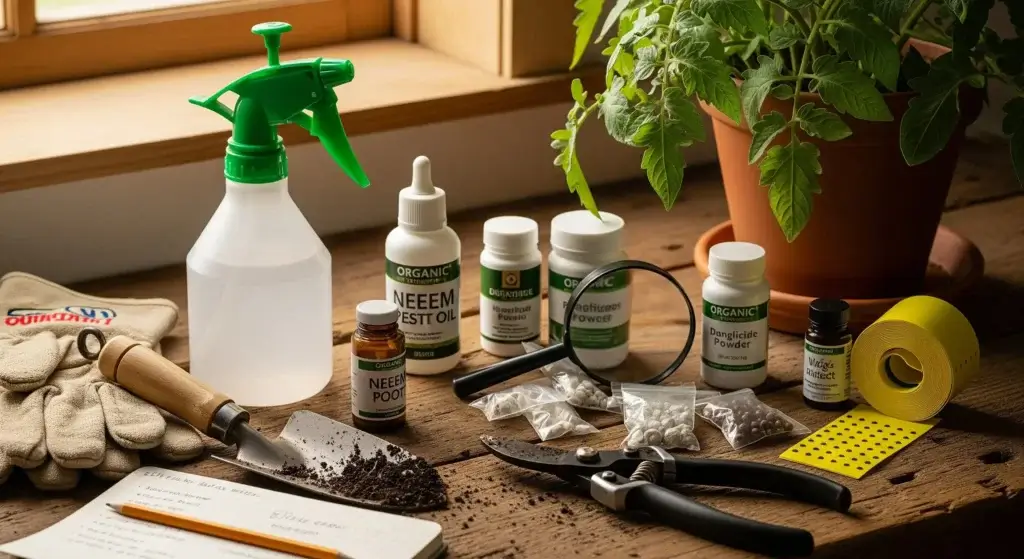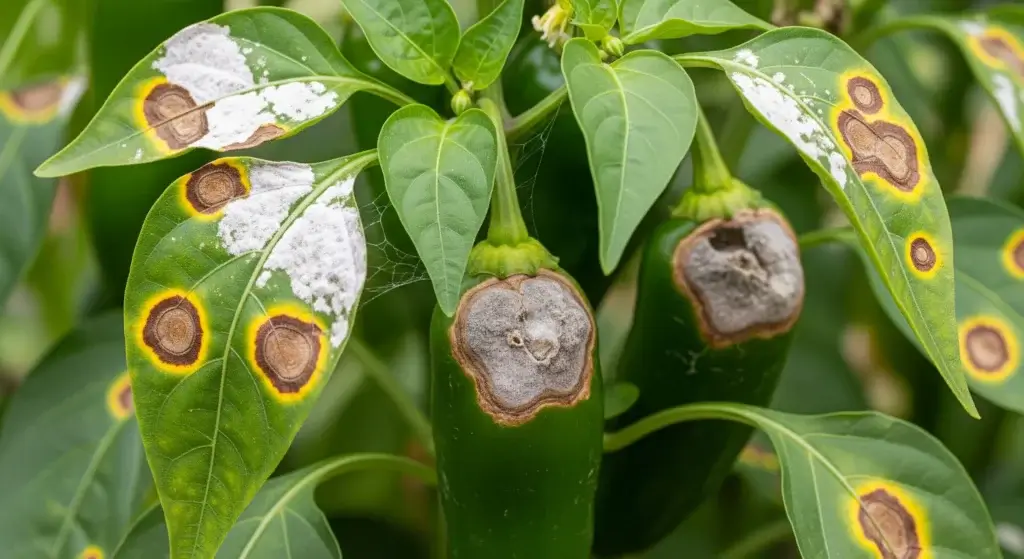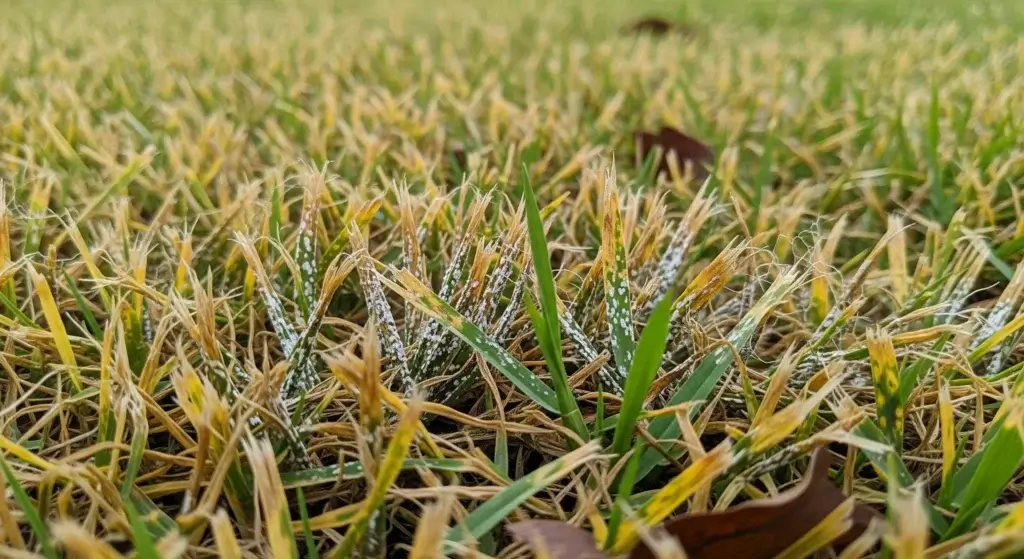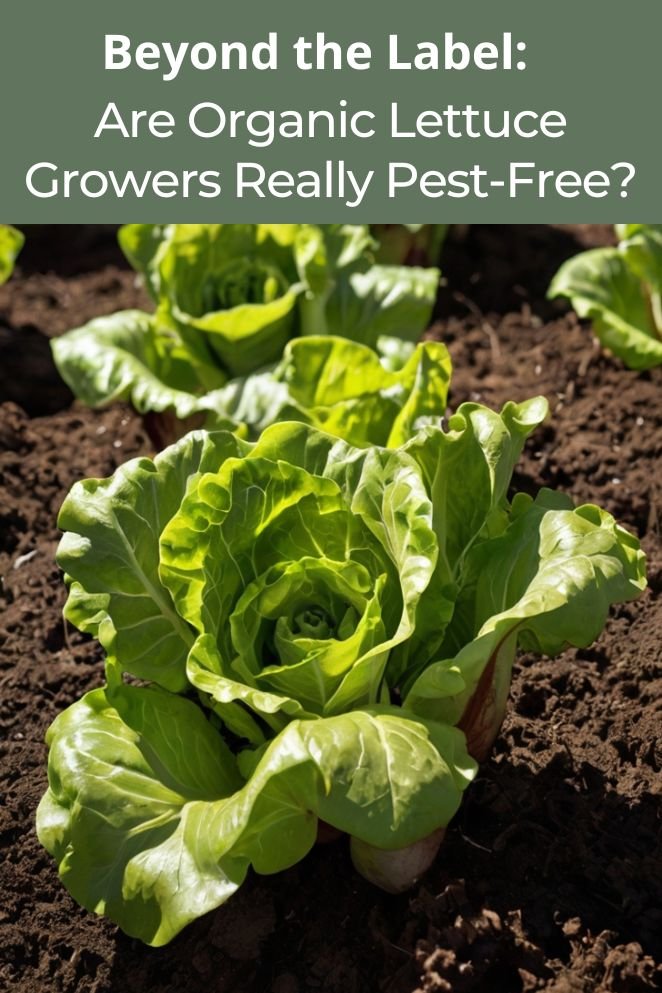
Organic farming has gained massive popularity as more people become conscious of what they eat.
Many consumers assume that organic lettuce is grown in a completely pest-free environment.
But is this really the case?
Can organic growers truly keep pests away without using synthetic pesticides?
Are Organic Lettuce Growers Really Pest-Free?
The short answer is no—organic lettuce growers are not completely pest-free.
Like any other plant, lettuce attracts various pests, including aphids, slugs, caterpillars, and flea beetles.
However, organic farmers do not use synthetic pesticides to combat these pests.
Instead, they rely on natural and eco-friendly pest control methods.
While organic farming reduces chemical exposure, it does not eliminate pests entirely.
Organic farmers use techniques like companion planting, biological pest control, and physical barriers to keep pests at bay.
However, occasional infestations still happen, making pest management a constant challenge.
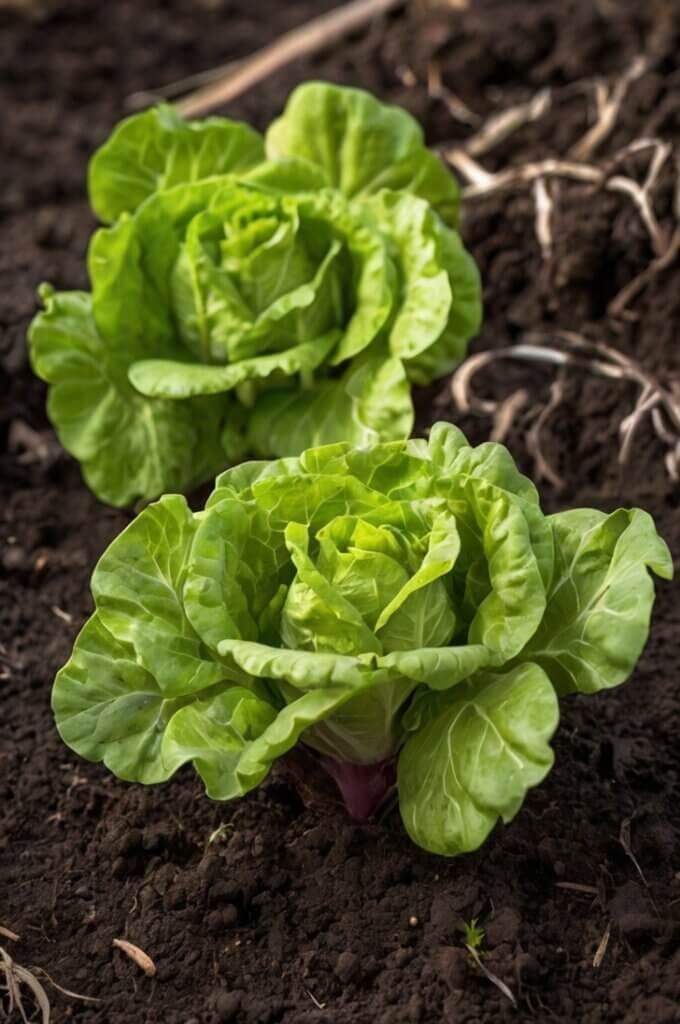
How do farmers Control Pest on Organic Lettuce Farm?
Farmers use a variety of methods to control pests on organic lettuce farms, as synthetic pesticides are not permitted under organic farming regulations.
Here are some common strategies:
- Crop rotation: Rotating lettuce with other types of crops can prevent the buildup of pests that prefer lettuce. This practice disrupts the life cycle of pests and can reduce their numbers over time.
- Intercropping and companion planting: Planting certain plants next to lettuce can repel pests or attract beneficial insects. For example, marigolds are known to deter nematodes and other pests, while herbs like dill and cilantro can attract beneficial insects that prey on pests.
- Biological control: Introducing or encouraging natural predators and parasites of pests can help keep pest populations under control. Ladybugs, lacewings, and parasitic wasps are examples of beneficial insects that can be introduced to control aphids and other pests.
- Physical barriers: Using row covers, nets, or other physical barriers can prevent pests from reaching the lettuce plants. These barriers can be particularly effective against flying insects and birds.
- Soil health management: Maintaining healthy soil through organic matter additions, compost, and proper pH management can promote strong plant growth, making the lettuce more resistant to pests.
- Manual removal: Hand-picking larger pests like caterpillars and beetles can be effective, especially in smaller operations.
- Organic pesticides: There are pesticides approved for use in organic farming that are derived from natural sources. These include neem oil, insecticidal soaps, and pyrethrin, which is derived from chrysanthemum flowers. These substances must be used according to organic certification standards.
- Trap crops: Planting a crop that is more attractive to pests on the perimeter of the lettuce field can lure pests away from the main crop. These trap crops can then be treated or removed to reduce the pest population.
- Sanitation: Keeping the farm clean by removing plant debris and weeds can help reduce the habitats for pests.
- Disease-resistant varieties: Choosing lettuce varieties that are resistant to certain pests and diseases can reduce the need for other pest control measures.
Organic farmers often use a combination of these methods as part of an integrated pest management (IPM) approach.
This approach focuses on long-term prevention of pests or their damage through a combination of techniques such as biological control, habitat manipulation, modification of cultural practices, and use of resistant varieties.
Pesticides are used only after monitoring indicates they are needed according to established guidelines, and treatments are made with the goal of removing only the target organism.
Pest control materials are selected and applied in a manner that minimizes risks to human health, beneficial and nontarget organisms, and the environment.
Are Pesticides Approved for Organic Agriculture Free from Chemicals?
Pesticides approved for organic agriculture are not entirely free from chemicals but are generally considered to have lower toxicity compared to those used in conventional farming.
Here’s a detailed explanation:
- Natural origin: Organic pesticides are often derived from natural sources, such as plants or minerals. Examples include neem oil, pyrethrin, and copper sulfate.
- Lower toxicity: Studies show that natural active substances used in organic farming have significantly fewer hazard statements and lower risk potential for human health and the environment compared to synthetic pesticides.
- Regulatory limits: The use of these substances is strictly regulated; for instance, copper sulfate usage is limited to 6 kg per hectare per year in organic farming.
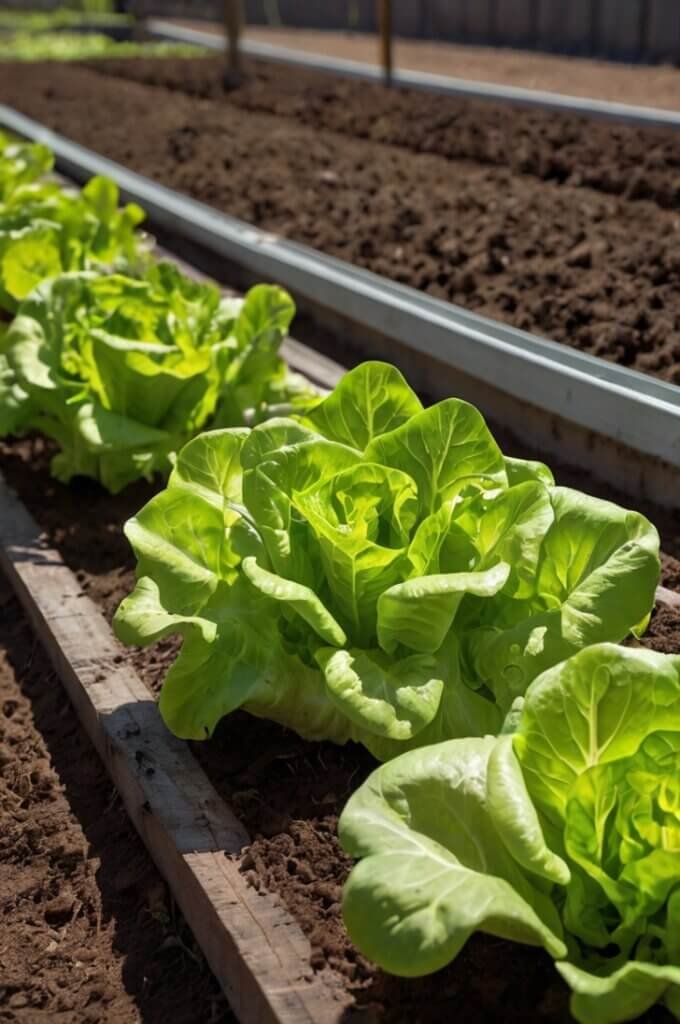
Organic Label Vs. Certified Organic
When consumers see food labeled as “organically grown,” it’s important to note that this doesn’t necessarily mean it meets organic standards unless it has been properly certified.
Here’s why:
- Certification matters: In many countries, including the U.S., producers need to get certified if they want to use the term “organic” or display a recognized seal like the USDA Organic logo.
- Small-scale operations: Some small farms might not need formal certification if they sell very little organic produce each year (less than $5,000). Even so, they still have to follow organic rules.
- Labeling confusion: Sometimes, producers might say their food is organically grown without going through the proper certification process—especially if they’re exempt or operating outside of regulated systems.
- Protecting consumers: Certification bodies help ensure that consumers get what they pay for by enforcing these standards and regularly checking on farms.
While some foods might be labeled as organically grown without being certified (like those from very small farms), consumers should look for recognized certifications to be sure they’re getting genuinely organic products.
What Does “Certified Organic” Mean?
To be labeled “certified organic,” farmers must follow strict regulations set by organizations like the USDA (United States Department of Agriculture) or the EU Organic Certification.
These standards prohibit the use of synthetic pesticides, genetically modified organisms (GMOs), and artificial fertilizers.
Instead, organic farmers must:
- Use natural fertilizers like compost and manure
- Implement crop rotation to maintain soil health
- Encourage beneficial insects for natural pest control
- Avoid synthetic chemicals and rely on organic-approved alternatives
These practices aim to produce healthier crops while preserving the environment.
However, they do not guarantee that pests won’t affect the crops.

Organic Farming Vs. Conventional Farming
Organic and conventional farming employ different approaches to pest management, reflecting their underlying philosophies regarding environmental impact and sustainability.
Organic agriculture focuses on sustainable practices that minimize environmental harm while maintaining ecosystem balance.
In contrast, conventional farming often relies on quick fixes with synthetic chemicals but may compromise long-term ecological health.
Here’s a comparison of organic pest management versus chemical pest control in conventional farming:
| Feature | Organic Agriculture |
Conventional Agriculture
|
| Pest control methods | Biological controls, crop rotation, companion planting |
Synthetic pesticides
|
| Environmental impact | Low; promotes biodiversity |
High; potential pollution
|
| Sustainability | Long-term sustainable |
Short-term focus
|
Conclusion
While organic lettuce farming offers many benefits, it is not entirely pest-free.
Organic growers still face pest challenges, but they use natural, eco-friendly solutions instead of synthetic pesticides.
The key takeaway is that organic farming prioritizes sustainability, soil health, and human well-being over chemical-based pest control.
Even though pests remain a concern, organic methods significantly reduce chemical exposure, making organic lettuce a healthier choice for consumers and the environment.
If you’re looking for produce with fewer pesticide residues and more natural farming practices, organic lettuce is a great option.
FAQs
They use methods like companion planting, biological pest control, physical barriers, and natural sprays to keep pests under control.
Many people believe organic lettuce has a fresher and more natural taste due to its chemical-free growing process.
Organic farming requires more labor, strict certification processes, and natural pest control methods, making production costs higher than conventional farming.

